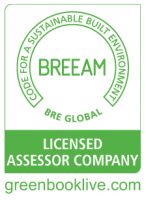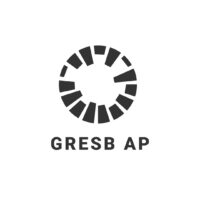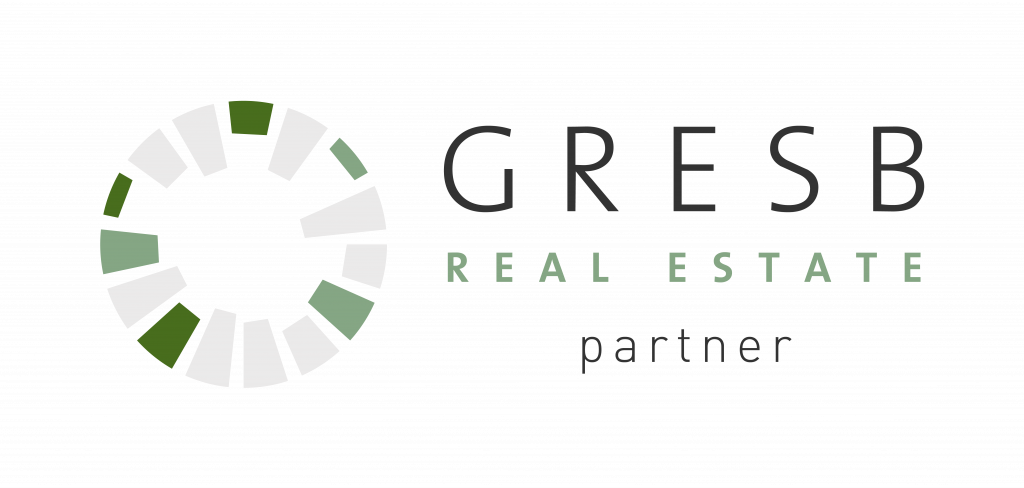Real estate
Infrastructure
Real asset value
What is GRESB?
GRESB is a mission driven and investor led organization providing standardized and validated Environmental, Social and Governance (ESG) data to the capital markets. Established in 2009, GRESB has become one of the leading ESG benchmarks for real estate and infrastructure investments across the world. The 2020 real estate benchmark covered more than 1,200 property companies, real estate investment trusts (REITs), funds, and developers. The coverage for infrastructure included more than 540 infrastructure funds and assets. Combined, GRESB represents US $5.3 trillion in real asset value. The reported ESG data is used by more than 100 institutional and financial investors to monitor investments across portfolios and understand the opportunities, risks and choices that need to be made as the industry transitions to a more sustainable future.
GRESB was formerly known as the acronym of “Global Real Estate Sustainability Benchmark” because when it was launched the key focus was on the real estate sector. But now that it covers real assets, including infrastructure, the name is simply “GRESB” without breaking down the letters into words.
What are GRESB Assessments and who are they for?
GRESB assesses and benchmarks the ESG performance of real assets, providing standardized and validated data to the capital markets. GRESB Assessments capture information on ESG performance and sustainability best practices for real estate and infrastructure companies, funds and assets worldwide. The Assessments are guided by what investors and the industry consider to be material issues in the sustainability performance of real asset investments, and are aligned with international reporting frameworks, such as GRI, PRI, SASB, DJSI, TCFD recommendations, the Paris Climate Agreement, UN SDGs, region and country specific disclosure guidelines.
Each year reporting to the GRESB Assessments generates the following ESG benchmarks for the industry:
- Real Estate Benchmark
- Real Estate Development Benchmark
- Infrastructure Fund Benchmark
- Infrastructure Asset Benchmark
Assessment participants receive comparative business intelligence on where they stand against their peers, a roadmap with the actions they can take to improve their ESG performance and a communication platform to engage with investors. Investors use the ESG data and GRESB’s analytical tools to monitor their investments, engage with their managers, and make decisions that lead to a more sustainable and resilient real asset industry.
First-year participants can opt-out of allowing GRESB Investors Members, or Fund Managers in the case of the Infrastructure Asset Assessment, to request access to their data and GRESB results. This is referred to as a “Grace Period”. The Grace Period is not available in the second year of participation, regardless of whether it was used in the first year or not. The “Grace Period” allows participants a year to familiarize themselves with the GRESB reporting and assessment process. The names of participating entities are still visible during the Grace Period, but GRESB Investor Members, and fund managers in the case of the Infrastructure Asset Assessment, will not be able to request to see their results.
All participants paying the participation fee (either annually or at the time of submission) will receive Benchmark Reports for all of their reporting entities, whether or not they report an entity under “Grace Period”. As such, participation fees are calculated based on the total number of reporting entities.
The Assessment Portal opens on 1st April and closes on 1st July each year. Participants complete the Assessments by reporting through GRESB’s secure Assessment Portal. Once all Assessments have been submitted and the portal has closed, GRESB begins the process of validating, scoring and benchmarking the submitted data. Preliminary Results are available on 1st September, with the final Assessment Results launched in October.
Can you provide more details about the Real Estate Assessment?
The GRESB Real Estate Assessment is an investor-driven global ESG benchmark and reporting framework for listed property companies, private property funds, developers and investors that invest directly in real estate. The Assessment generates two benchmarks: the GRESB Real Estate Benchmark and the GRESB Development Benchmark. The Real Estate Benchmark consists of participants completing both the Management and Performance Components and the Development Benchmark consists of participants completing both the Management and Development Components. The three Real Estate Assessment Components are:
- Management Component – measures the entity’s strategy and leadership management, policies and processes, risk management and stakeholder engagement approach, comprising of information collected at the organizational level.
- Performance Component – measures the entity’s asset portfolio performance, comprising of information collected at the asset and at the portfolio level. It is suitable for any real estate company or fund with operational assets. The Component includes information on performance indicators, such as energy consumption, GHG emissions, water consumption and waste.
- Development Component – measures the entity’s efforts to address ESG issues during the design, construction, and renovation of buildings. This Component is suitable for entities involved in new construction (building design, site selection and/or construction) and/or major renovation projects, with on-going projects or completed projects during the reporting period.









